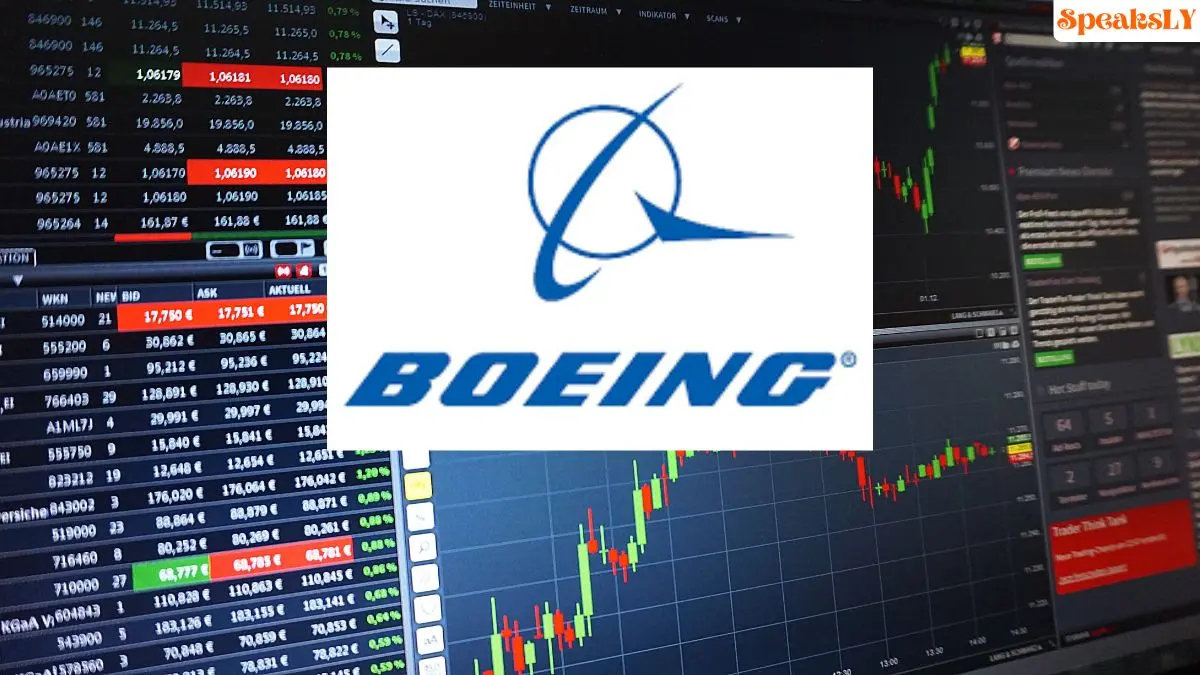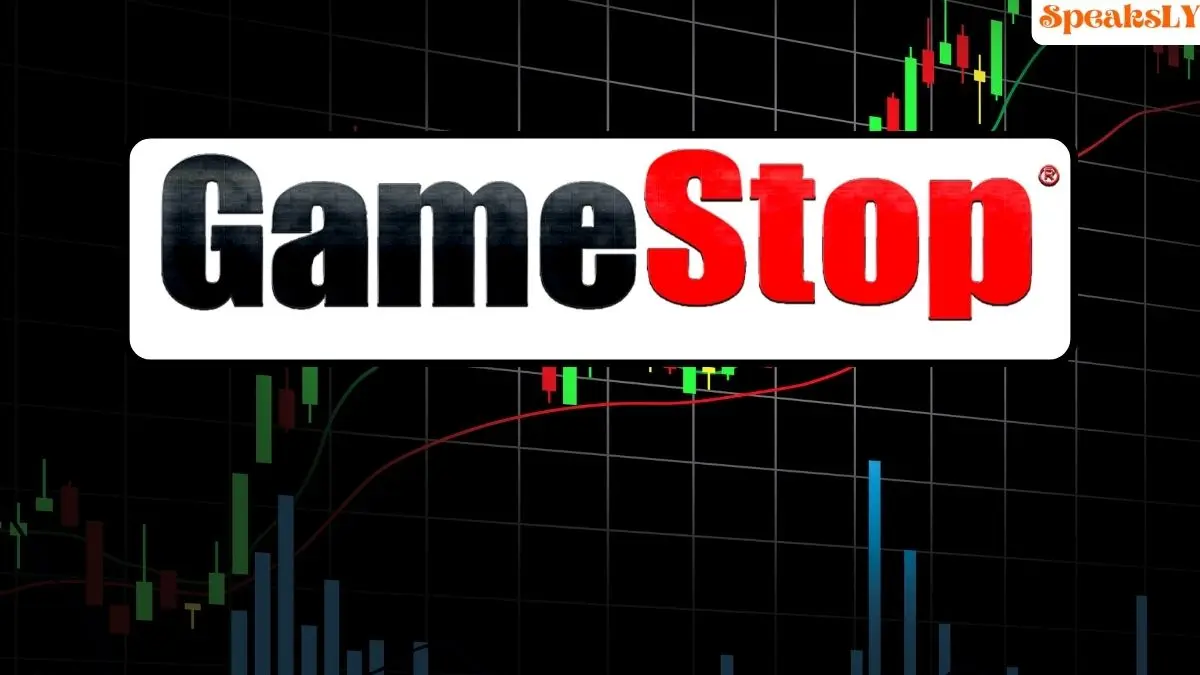AT&T Stock: Billionaire investor Israel Englander, founder of Millennium Management, has made some notable moves in his investment portfolio recently, particularly with AT&T (NYSE: T). Englander has sold approximately 40% of Millennium’s stake in AT&T, a significant reduction given the company’s strong performance over the past year, where its stock price rose nearly 50%. Despite this impressive growth, Englander’s decision to offload nearly 9 million shares raises questions about the future of T stock.
AT&T’s stock has been on a roller coaster ride. As of Monday, the stock was down 0.5%, trading around $22.02 after a previous close of $22.12. The recent trading volume was significantly lower than the average, with about 4.4 million shares changing hands, a stark drop from the usual 35.6 million. Analysts remain mixed on AT&T’s outlook, with some rating it as a “hold” while others are more optimistic, suggesting a price target as high as $30.
Englander’s sell-off of AT&T could be influenced by various factors. Even though AT&T has shown solid performance and continues to benefit from growing demand for its services, there are concerns about potential legal issues and rising costs. Reports have surfaced about financial liabilities related to lead-sheathed cables, which AT&T has disputed, yet the uncertainty may be weighing on investors.
On the other hand, while Englander is moving away from AT&T, he is making a bold bet on Super Micro Computer, a company involved in artificial intelligence infrastructure. Millennium purchased over 5.5 million shares of Super Micro, increasing their stake by more than 800%. This move comes amid a booming demand for AI technology. However, Super Micro has faced scrutiny due to allegations of accounting irregularities, raising questions about its stability.
So, what does this mean for T stock? While some investors may view the recent sale by Englander as a red flag, others see potential in AT&T’s fundamentals. The company has been focusing on improving its balance sheet and maintaining steady growth in wireless services. With a solid dividend yield of over 5%, AT&T still attracts many income-focused investors.
For those considering whether to buy, hold, or sell T stock, it’s essential to weigh the potential risks against the company’s ongoing efforts to adapt and grow in a competitive market. As always, keeping an eye on market trends and analyst recommendations can provide valuable insights for making informed decisions about AT&T and its future in the telecom industry.








